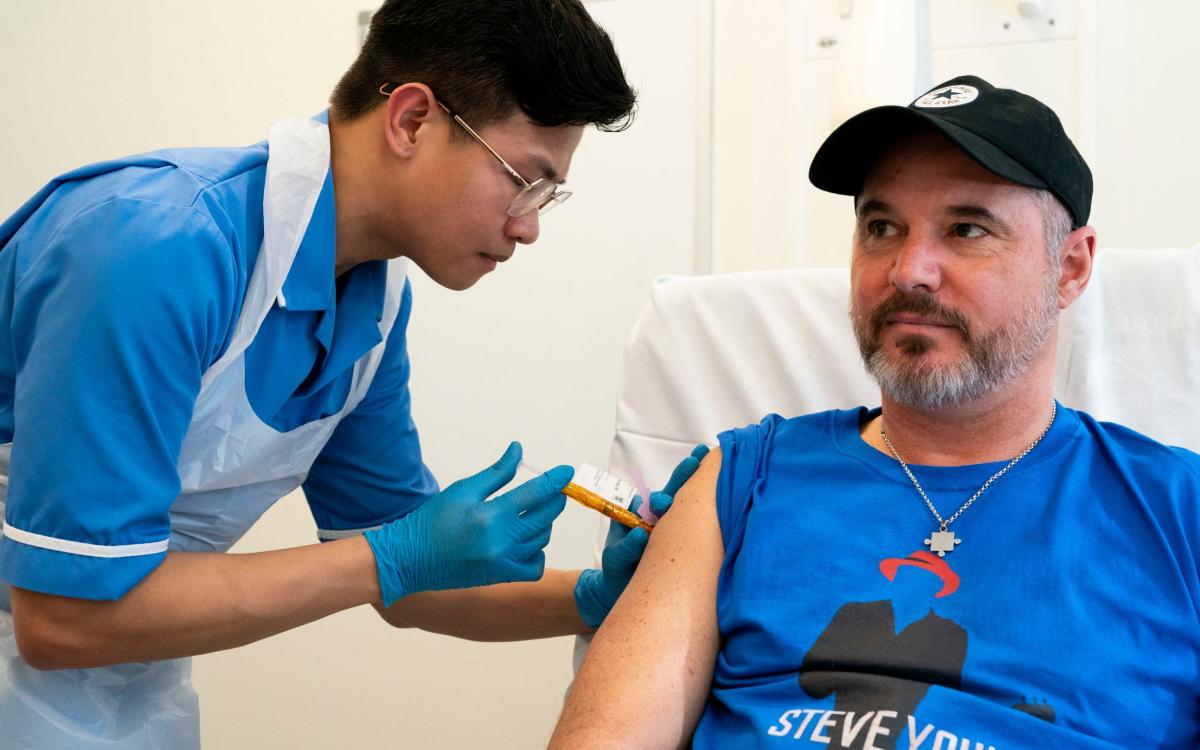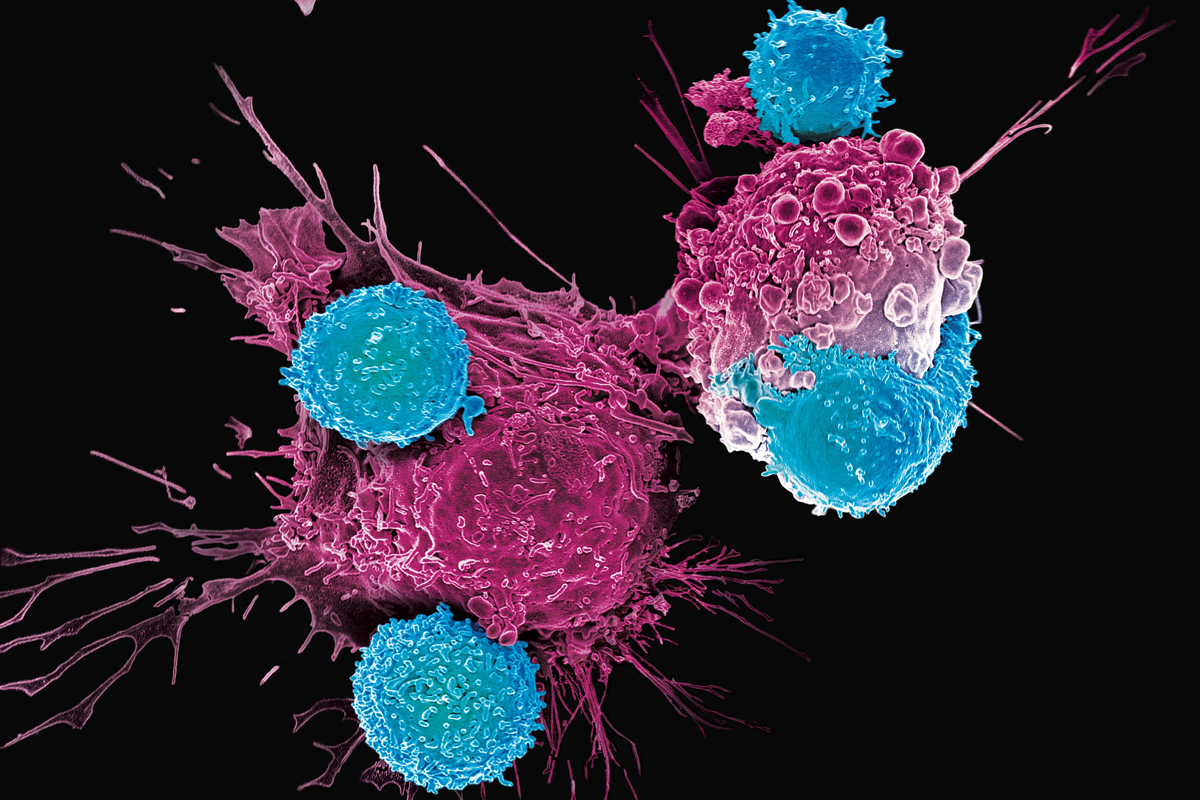-
 News
A real breakthrough in melanoma treatment: a personalized mRNA vaccine trial
News
A real breakthrough in melanoma treatment: a personalized mRNA vaccine trial
-
 Medical articles
CAR T therapy: helps treat cancer when other methods fail
Medical articles
CAR T therapy: helps treat cancer when other methods fail
-
 Medical articles
Cancer incidence is steadily increasing: disappointing WHO forecast for 2050
Medical articles
Cancer incidence is steadily increasing: disappointing WHO forecast for 2050
-
 Medical articles
Stem cells bring hope to millions of people suffering from hearing loss
Medical articles
Stem cells bring hope to millions of people suffering from hearing loss
-
 Medical articles
TOP 10 clinics for oncology treatment 2023
Medical articles
TOP 10 clinics for oncology treatment 2023
All news
Crohn`s disease treatment
Crohn’s disease is a chronic condition in which parts of the digestive system become inflamed.
It is one of the conditions in a group called inflammatory bowel disease (IBD).
Symptoms of Crohn’s disease
Crohn’s disease affects people of all ages. Symptoms usually begin in childhood or early adulthood.
The main symptoms are:
- diarrhea
- abdominal pain and cramps
- blood in the stool
- fatigue
- weight loss
Symptoms may be persistent, or they may come and go every few weeks or months. The return of symptoms is called a flare up.
MedTour patients recommend clinics for the treatment of Crohn`s disease:
Doctors for the treatment of crohn`s disease
Frequently Asked Questions
The cause of Crohn’s disease is unknown. According to researchers, one cause may be an autoimmune reaction. An autoimmune reaction occurs when your immune system attacks healthy cells in the body. Genetics may also play a role, as Crohn’s disease can be inherited.
There is no specific treatment for Crohn’s disease. Most patients with Crohn’s disease require long-term lifelong therapy. The disease occurs with exacerbations, so the goal of drug therapy is to relieve the acute manifestations of the disease and move the patient into long-term remission.
There may be nausea, vomiting, bad taste in the mouth, changes in the frequency of defecation (constipation, diarrhea) and stool volume (liquid stool with inclusions of undigested food, atypical odor), decreased appetite, increased gas, rumbling, false urges to defecate.
How long do people live with Crohn’s disease
Most people with Crohn’s disease can lead relatively normal lives. Their average life expectancy does not differ from that of other people. During an exacerbation of the disease, the ability to study and work may be limited, but rarely results in long-term disability.
There is a possibility that some of the foods listed may provoke symptoms:
- Alcohol (“cocktails”, beer, wine).
- Butter, mayonnaise, margarine, oils.
- Carbonated drinks.
- Coffee, tea, chocolate.
- Dairy products (in case of lactose intolerance).
- Fatty foods (fried foods).
- Foods high in fiber.
Crohn’s disease treatment
Always see your doctor if you or your child has any of these symptoms:
- blood in the stool;
- diarrhea for more than 7 days;
- frequent abdominal pain or cramps;
- losing weight for no reason (or your baby is growing slower than he or she should).
Your doctor will try to find out the cause of your symptoms and may refer you for tests to see if you have Crohn’s disease.
There is no cure for Crohn’s disease, but it is possible to reduce or control symptoms with medication.
Main Treatments:
- Medicines to reduce inflammation in the digestive system — usually steroid (hormone) pills.
- Medicines to stop the inflammation from coming back — tablets or injections.
- Surgery to remove a small part of the digestive system — sometimes this may be a better treatment option than medicines.
Published:
Updated:





